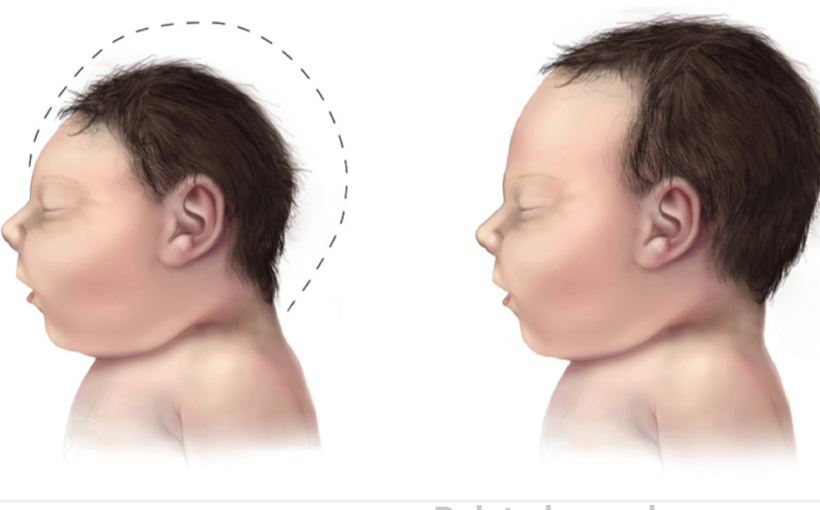A new study led by researchers at Baylor College of Medicine revealed how in utero Zika virus infection can lead

stay healthy…

A new study led by researchers at Baylor College of Medicine revealed how in utero Zika virus infection can lead

Bacteria associated with Crohn’s disease rely on multiple stress responses to survive, multiply, and tolerate antibiotics within white blood cells

One might think that the primary cause of most genetically linked diseases comes from mutations in coding DNA — alterations
For some women, sex becomes less satisfying with age, with a pronounced decline during perimenopause. A new study indicates that
Toxic man-made chemicals—such as polychlorinated biphenyls and organochlorine pesticides—that are absorbed into the body and stored in fat may be
New research has found that people who are illiterate, meaning they never learned to read or write, may have nearly

A new study led by the USC Leonard Davis School of Gerontology indicates that the negative long-term metabolic effects of
All the tissues of our body have the same DNA, but they perform very different functions and have very different
Scientists from the RIKEN Center for Integrative Medical Science (IMS) and Keio University School of Medicine in Japan have used

Short-term increases in sugar consumption could increase the risk of inflammatory bowel disease and have a significant impact on our